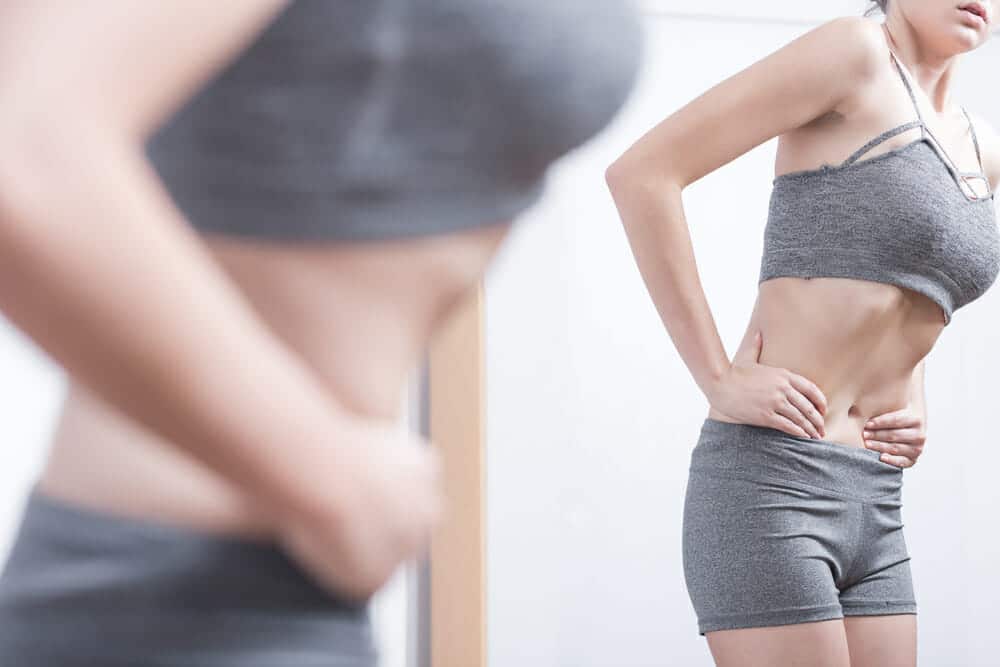Most of us have an image of our body, the way we view ourselves. Like all internal lenses, this self perception can be different from what others might actually see when they look at us. We don’t see what others see; we see ourselves differently. These internal views are often significantly shaped by society and lifestyle impacts. Sometimes it might be a more positive view, and sometimes it might be a more negatively tinted lens; but we all have an internally derived body image that affects us.
Sometimes we might see ourselves as lighter or heavier than we actually are. This is easiest to determine in the case of some eating disorders, such as patients who insist they must avoid eating, or even purge what little they do eat, to avoid becoming too heavy; even if they are already underweight by any medical standard that might be applied.
Beyond overall image, we also take views that apply specifically to certain portions of our bodies. We might like or dislike certain parts, such as loving our arms but hating our hips, and so forth.
These self generated views of our body can lead to preoccupations that turn toward the mentally unhealthy, when we obsess over something or another that we see, even if others don’t, in how we look. For this reason, it’s important to try and stay aware of not just how we view ourselves, but also how others do as well. If, for no other reason, than as a control group.
How you view your body can been a good thing, or it can lead to serious health issues. #HealthStatus
Follow HealthStatus
Tweet Now
Key Points:
- 1Understanding body image we must understand any other underlying disorders .
- 2Poor body image is often linked to “thin ideals” and the need to hit these ideals.
- 3Working with what healthy really is will help people understand their own self image and problems around it.
See the original at: https://www.eatingdisorderhope.com/blog/body-image-disordered-eating








Reply